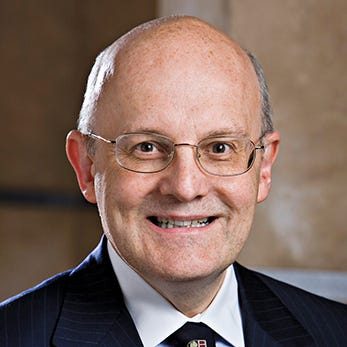September 21, 2022

The substantiation rules for the charitable deduction are detailed and essentially unforgiving. While “substantial compliance”1 might be argued successfully as a last resort, it comes at the cost of time as well as legal and accounting fees. Given the unpredictability of prevailing against an Internal Revenue Service challenge with a substantial compliance argument, the best practice is total compliance. Professional advisors are at risk for malpractice lawsuits due to noncompliance because the tax savings lost often are six or seven figures.
While the charitable documentation rules under Internal Revenue Code Section 170(f) jeopardize deductions based on nitpicky errors, there are a number of parties to a gift with unity of interest to “...
Unlock All Access Premium Subscription
Get Trusts & Estates articles, digital editions, and an optional print subscription. Choose your subscription now and dive into expert insights today!
Already Subscribed?








